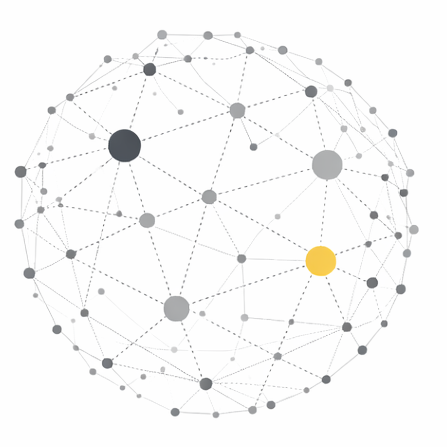Zero Networks is a fast-growing cybersecurity startup redefining how organizations protect themselves. Our Research team sits at the center of that mission - driving deep security research that shapes our product, technology, and long-term vision.
We’re looking for a Threat Intelligence Researcher to join the Research team and strengthen the intelligence that powers our product, roadmap, and defensive capabilities. In this role, you’ll monitor emerging threats, evaluate new attack techniques, validate their impact against our offerings, and help steer product and engineering direction based on real-world intelligence. You’ll work hands-on with feeds, CVEs, offensive tools, and attacker TTPs to ensure Zero Networks stays ahead of the threat landscape.
- +3 years of proven experience in threat intelligence, threat hunting, or incident response.
- Strong understanding of attacker behaviors and frameworks such as MITRE ATT&CK, Kill Chain, and common TTPs used in internal network compromise.
- Ability to rapidly evaluate CVE relevance and exploitability, including understanding root cause, affected components, and real-world risk.
- Experience with ingesting or working with threat intelligence feeds, enrichment pipelines, or threat classification systems.
- Solid technical foundation in networking, identity protocols, or common enterprise security controls.
- Experience with scripting or automation (Python, Go, PowerShell, etc.) to process intelligence, develop PoCs, or build internal tools.
- Strong communication skills — able to explain complex threats clearly to engineering, product, and sometimes customers.
- Bonus: contributions to open-source security tools, public research, conference talks, or technical blogging.
Top Skills

What We Do
Zero Networks fixes the root cause of most successful cyberattacks - overly open networks and excessive logon permissions - with a simple, fully automated platform for zero trust segmentation and remote access. Zero Networks learns and automatically restricts network and user access to what's strictly essential, leveraging multi-factor authentication to stop attacks from spreading.









